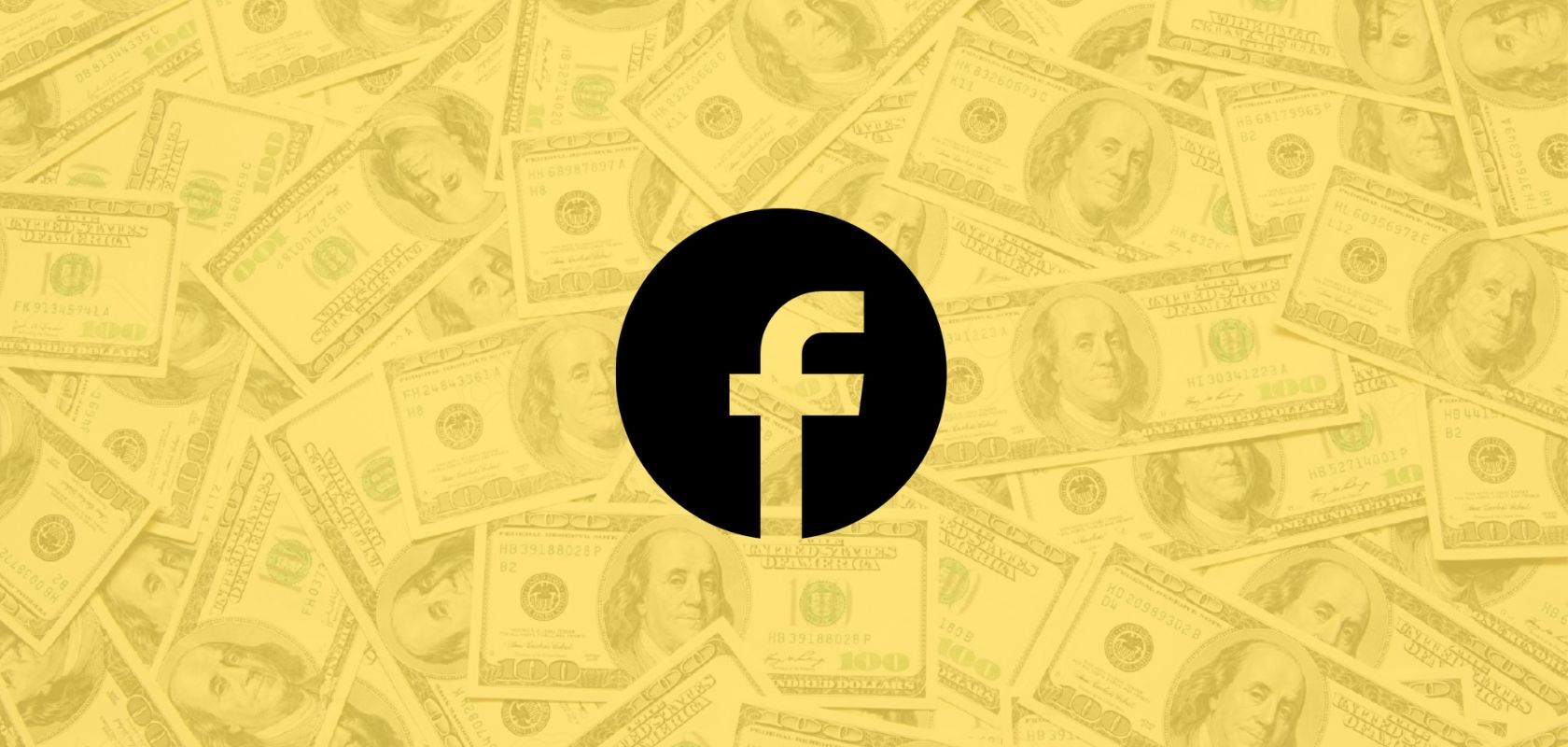While Facebook and Google are attempting to make strides with their ambitious digital finance projects such as Libra and Google Pay-linked checking accounts, a new survey revealed that employees of big tech companies themselves are still skeptical about tapping into the digi-finance offerings.
The anonymous social media network Blind conducted a study polling the opinions of more than 5,000 professionals working at various big tech firms such as Google, Apple, Facebook, Uber, and Amazon. The study found that more than 60% of the professionals are more trusting of traditional banks than big tech’s digi-finance services.
Furthermore, 57% of tech professionals and 70% of finance professionals stated that they prefer traditional banking institutions over digi-finance services offered by big tech.

Surprisingly, employees of a few tech companies such as Uber and Facebook do not entrust their own companies with handling their financial data. For instance, out of the Facebook employees who participated in the study, only 21% said that they’d trust Facebook with their financial data.
What’s more, Uber ranked even below Facebook with only a mere 16% of the Uber employees saying that they would trust their company with their financial information.
According to the results of the survey, it becomes apparent that Facebook employees are not very trusting of the stablecoin project, Libra by Facebook, or Facebook-provided financial services.
It is worth noting that Blind’s brand marketing manager Cuire Kim, responsible for conducting the study, said that they didn’t specifically mention Libra while conducting the survey. Nonetheless, one cannot deny the association between Facebook and Libra, regardless of the company’s efforts to dissociate itself from the project.
Facebook’s CEO Mark Zuckerberg and the head of the company’s blockchain division, David Marcus have both been extensively interrogated by the members of the US Congress as they put the screws on Libra, highlighting the privacy concerns and potential to facilitate white-collar crimes such as money laundering.










